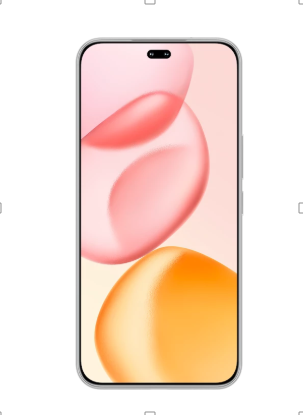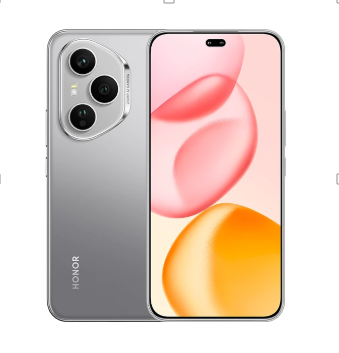A Guide to Common Smartphone Camera Features

Smartphone cameras have become incredibly powerful in recent years, evolving from basic tools for casual snapshots into complex systems capable of producing professional-quality photos and videos. With every new model comes a fresh wave of features – AI enhancements, multi-lens setups, and advanced editing tools. But if you’re not familiar with the terminology, it can be overwhelming to figure out what actually matters. This guide breaks down the most common smartphone camera features and explains how they affect your photography experience.
Understand Smartphone Camera Tools and How to Use Them
Here’s a closer look at the features you’re most likely to encounter in modern smartphones and how they enhance your shots.
Megapixels (MP): Clarity and Cropping Power
Megapixels refer to the resolution of your camera’s sensor. A higher MP count generally means more detail, which is useful for cropping or printing large photos. However, it’s important to note that megapixels alone don’t guarantee better quality—factors like pixel size, sensor type, and image processing also play crucial roles. For casual users, anything above 12MP is usually more than enough, but if you’re into photography, a 50MP or even 200MP camera can offer extra flexibility.
Wide, Ultra-Wide, and Telephoto Lenses
Modern smartphones often include multiple lenses, each designed for different perspectives. A wide lens is the standard for everyday shots. An ultra-wide lens captures more of the scene, perfect for landscapes or group photos. Meanwhile, a telephoto lens allows for zooming in without losing detail. Phones like the HONOR 400 Pro offer a triple-camera setup, combining these lenses to give users the versatility to shoot in various scenarios without compromising quality.
See also: Best Smartwatches for Women: Style Meets Tech
Night Mode: Low Light, High Impact
Night mode uses long exposure and smart processing to brighten dark scenes without a flash. It enhances color, reduces noise, and maintains detail in shadows and highlights. This feature is especially useful for cityscapes, concerts, or indoor photography where lighting is limited. Night mode can transform what would normally be a grainy, underexposed photo into something sharp and vivid, even handheld.
AI Scene Recognition and Optimization
AI (Artificial Intelligence) in smartphone cameras helps identify what you’re shooting, whether it’s food, a sunset, a pet, or a person, and adjusts settings accordingly. It enhances color, sharpness, contrast, and exposure in real-time, often delivering better results without manual adjustments. For users who want high-quality photos without tweaking settings, AI scene recognition is a valuable asset.
Optical and Digital Zoom: Know the Difference
Zoom features are often highlighted, but it’s important to know the distinction. Optical zoom uses hardware (a telephoto lens) to magnify without losing image quality, while digital zoom simply crops into the image, often leading to reduced clarity. Phones with a higher optical zoom range offer sharper results when photographing distant subjects like wildlife, architecture, or sports.

Selfie and Portrait Modes
Front cameras have improved significantly, with some models now featuring high-resolution sensors and portrait capabilities. Portrait mode uses depth information to blur the background (bokeh effect), mimicking a DSLR look. Many phones also use AI to enhance skin tones and lighting, which is great for selfies and video calls. The HONOR 400 Pro, for instance, offers a 50MP selfie camera that produces professional-looking results.
Final Thoughts
Understanding your smartphone camera’s features allows you to get the most out of every shot. Whether you’re taking casual snaps, low-light cityscapes, or zoomed-in portraits, the right tools make a big difference. Features like AI optimization, multiple lenses, and night mode can elevate your photography, even if you’re not a pro. For users exploring quality options, the HONOR 400 Pro price uk reflects a strong value proposition given the advanced camera system it offers. It’s a great example of how smartphone photography continues to evolve and become more accessible for everyone.



